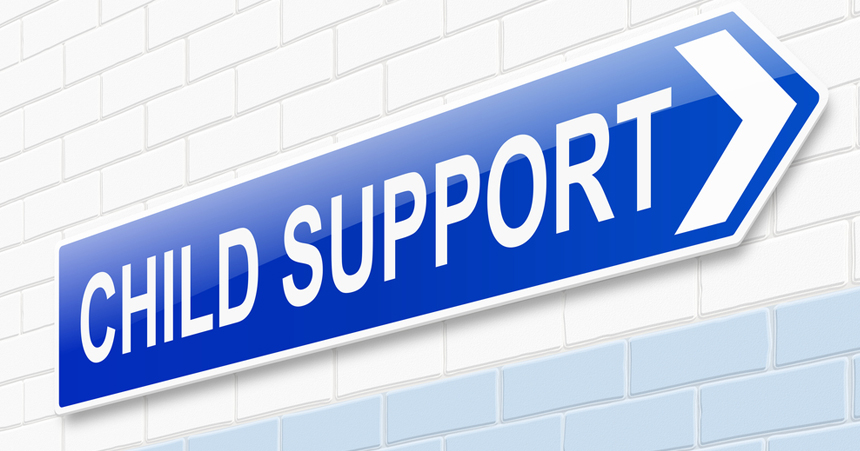The financial burden of a divorced single parent can be paramount if the parent is not a high-earning individual. You, as a single parent, can face many challenges in finances and maintaining your child. Child maintenance can usually help to alleviate the financial burden, but it can be a headache if your ex-spouse is not willing to pay it on time. It can make things difficult financially for you and your child if the money is needed for your child’s daily expenses. In Singapore, the law protects the child and have made consideration in the Women’s Charter to assist in the collection of child maintenance.
There are a few options in which child maintenance can be collected. In the event that the payer does not comply to the order of child maintenance, the law in Singapore will enforce it via various ways. The best way amongst them is the scheme known as the “Attachment of Earning Orders”. This “attachment of earning” order is directed at the employer of the payer under the maintenance order. The payer can be a parent or a non-parent of a child. This order directs the employer to deduct the stated amount from his or her salary and either pays it directly to the person receiving this sum of money or to the Court, which will collect the amount on the child’s behalf. With this order, the payer is not able to default on his or her payment and the parent with care and control of the child can be assured that money will be available when needed. You can apply to the Court in person or through your matrimonial lawyer to get the Court to step in if you need help in getting your child maintenance paid on time.
In Section 71 of the Women’s Charter, the law also provides for the imposition of fines, imprisonment of the defaulting payer or the garnishing of debts owe to him or her. These laws are set in place to help the receiver of child maintenance to get the amount due to them on time. They are also meant to deter the payer from defaulting payment.
Imposition of Fines: In Section 224 of the Criminal Procedure Code, the process of the imposition of fines is set out clearly. This process includes either imposing fines or imprisonment terms on the defaulting payer but does not include helping the receiver to obtain the money owed to him or her. Nonetheless, this process is a psychologically powerful tool to encourage the payer to pay on time.
Garnishing of Debts: This process is similar to the “Attachment of Earning Orders” with references made in Rule 5 of the Women’s Charter. It includes the process of the employer deducting a certain sum of money from the defaulting parent’s salary and paying it to the receiver of the child maintenance. This will continue until all the late maintenance fees are paid up. This is one of the ways that ensure that some amount of money will go to the child who is ordered to receive maintenance.
Recovery of debt: The outstanding amount of child maintenance can be recovered as debt from the payer. It is stated clearly in Section 74 of the Women’s Charter.
The law is fair and will protect you if you are facing challenges with receiving your child’s maintenance fee. If you require legal representation, you can contact one of the top Singapore Divorce Lawyers to help you resolve your issues.













